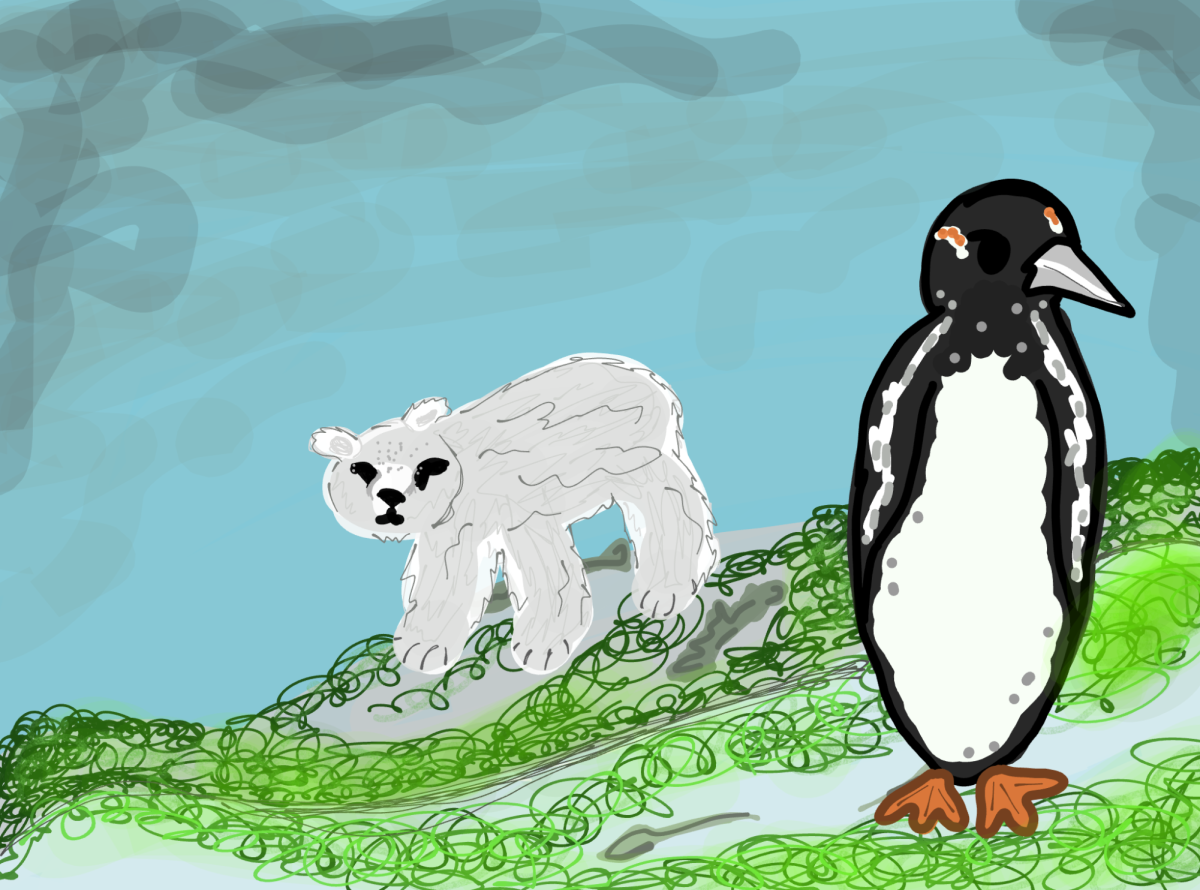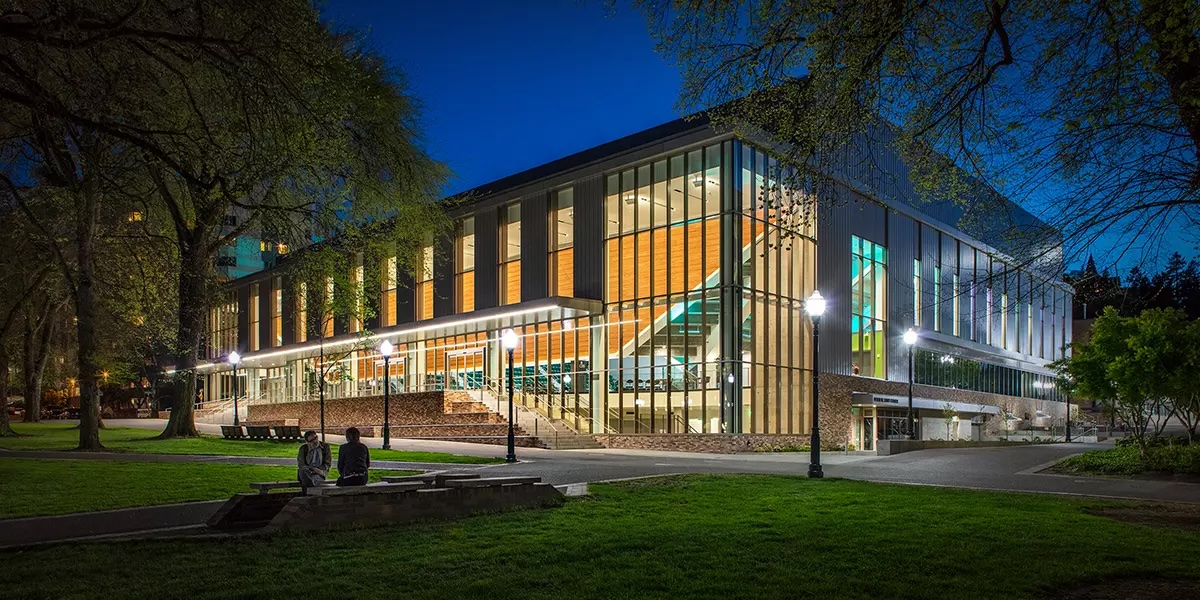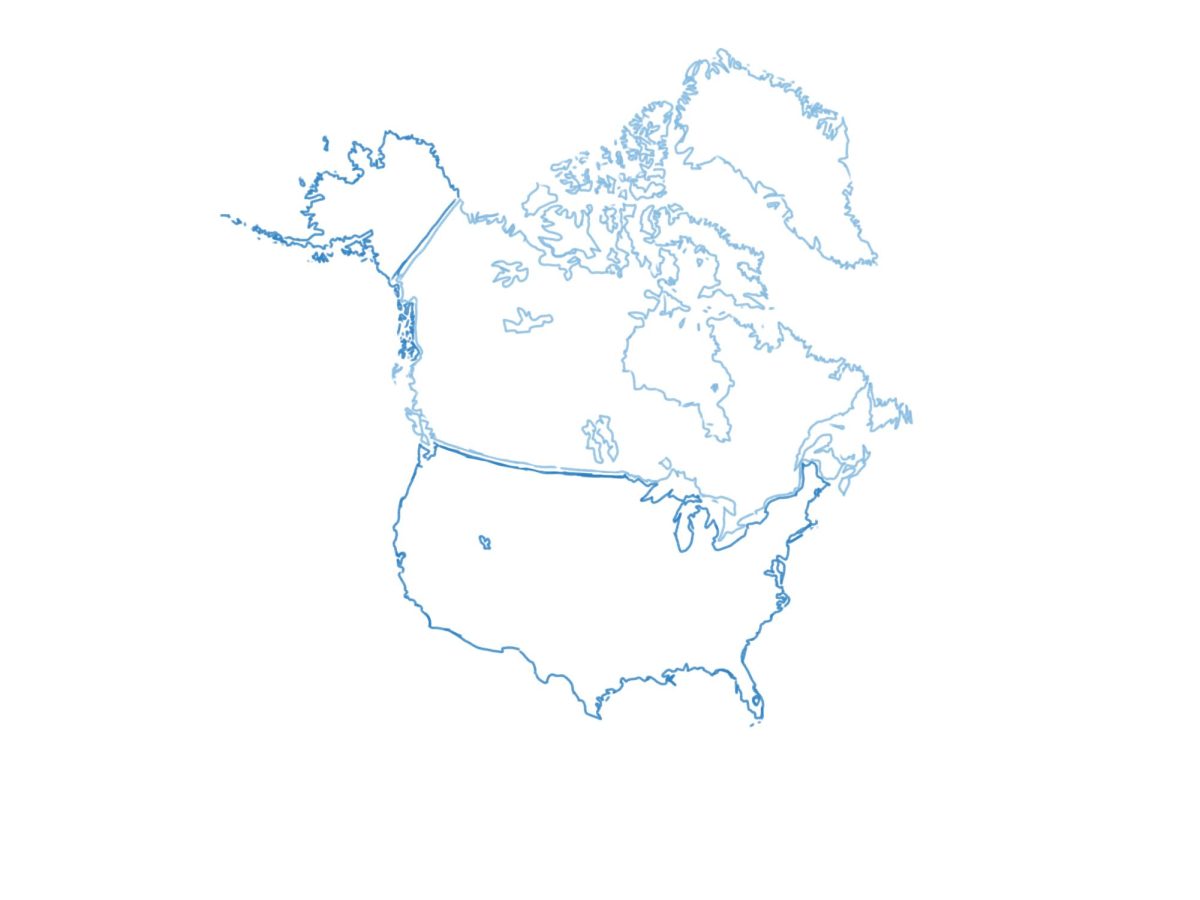Satellite imagery reveals Antarctica has been turning green at a rapid rate for the past few decades due to a massive increase in vegetation growth brought on by climbing temperatures.
The vegetation consists mostly of various moss species growing on the Antarctic peninsula. Over the past few decades, vegetation has increased from covering 0.4 square miles to roughly five square miles. Though it may not seem like a lot, it is a drastic change for the local landscape. Studies have also shown that between 2016 and 2021, the rate at which the vegetation grew accelerated by around 30 percent.
“I get why people are concerned,” TuHS biology and chemistry teacher Ronnie White said. “We are disturbing an ecosystem with climate change. The organisms that evolved there are incredibly unique and deserve to persist on this planet. The changes are concerning because of the lack of time they’ll be afforded to adapt to those changes. Antarctica is an ice desert that’s incredibly unique on this planet. We will never see anything like it again, and that’s due to increased global temperature.”
Fossil fuel pollution is the leading cause of global temperature rise. Antarctica, in particular, is feeling the effects of this right now. Despite the incredible chill of Earth’s most frigid continent, Antarctica has been heating up at twice the global average, allowing plant growth to thrive where it shouldn’t.
Sophomore Madilynn Rowe expressed her concern for Antarctica’s wildlife.
“It could be really dangerous to all of the native species because of invasive species being able to thrive with the vegetation, especially when a lot of the native species are already endangered,” she said. “Antarctica’s rising temperatures also has a lot bigger of an effect on us than we usually realize. When ice in Antarctica melts, it creates rising sea levels all over the world. These rising sea levels create a lot of problems, such as sick or dying animals, flooding, disease and effects on our economy.”
Scientists predict that as global temperatures continue to rise, Antarctica will only continue to undergo extreme heat events, and plant growth is likely to keep accelerating.
“Upcoming plans for the climate, especially regarding fracking, will have a huge effect on the fossil fuels going into our atmosphere,” said Rowe. “Overall I think it’s a huge problem, but there are definitely things that we can do to work on slowing it down.”







